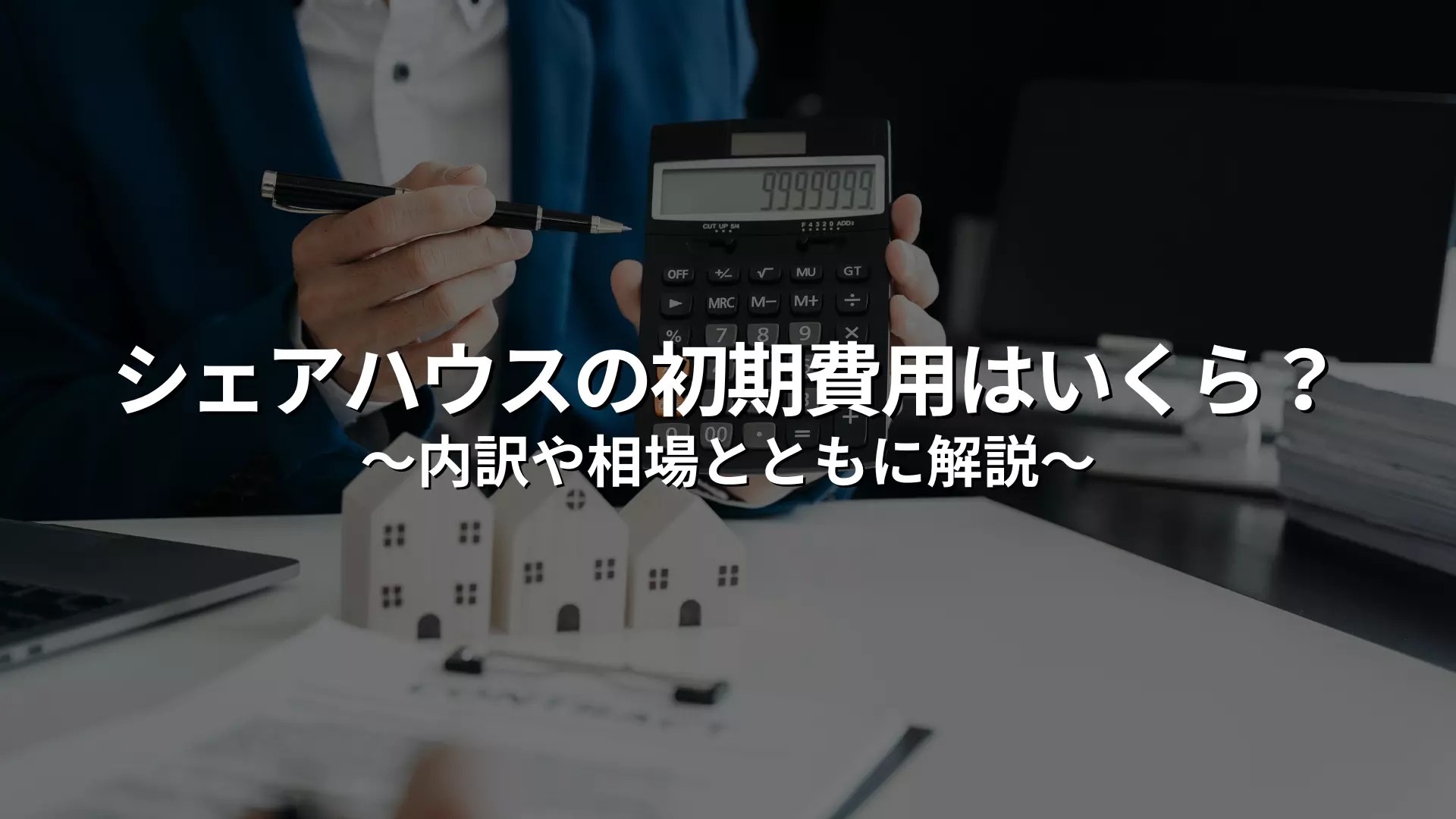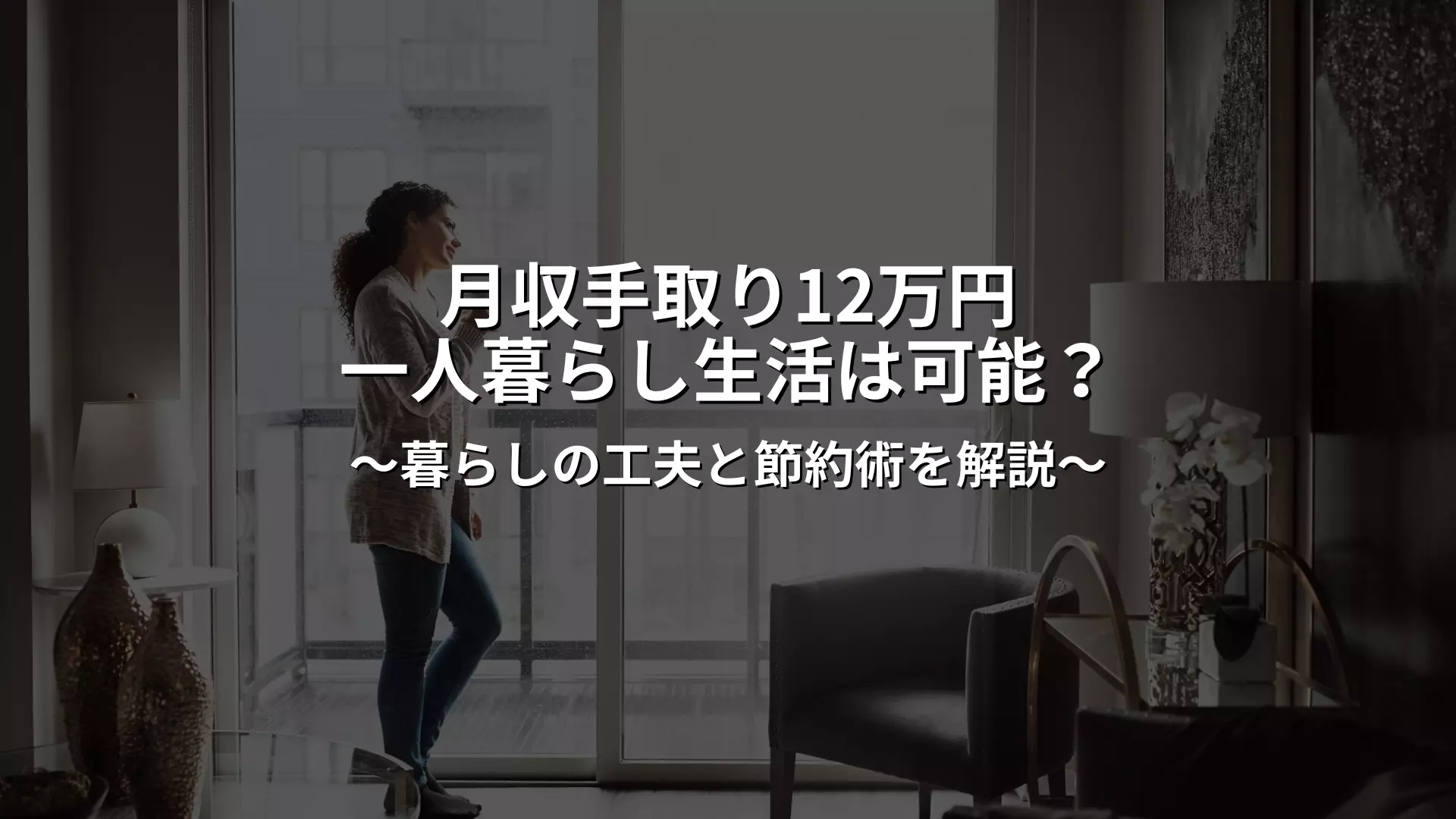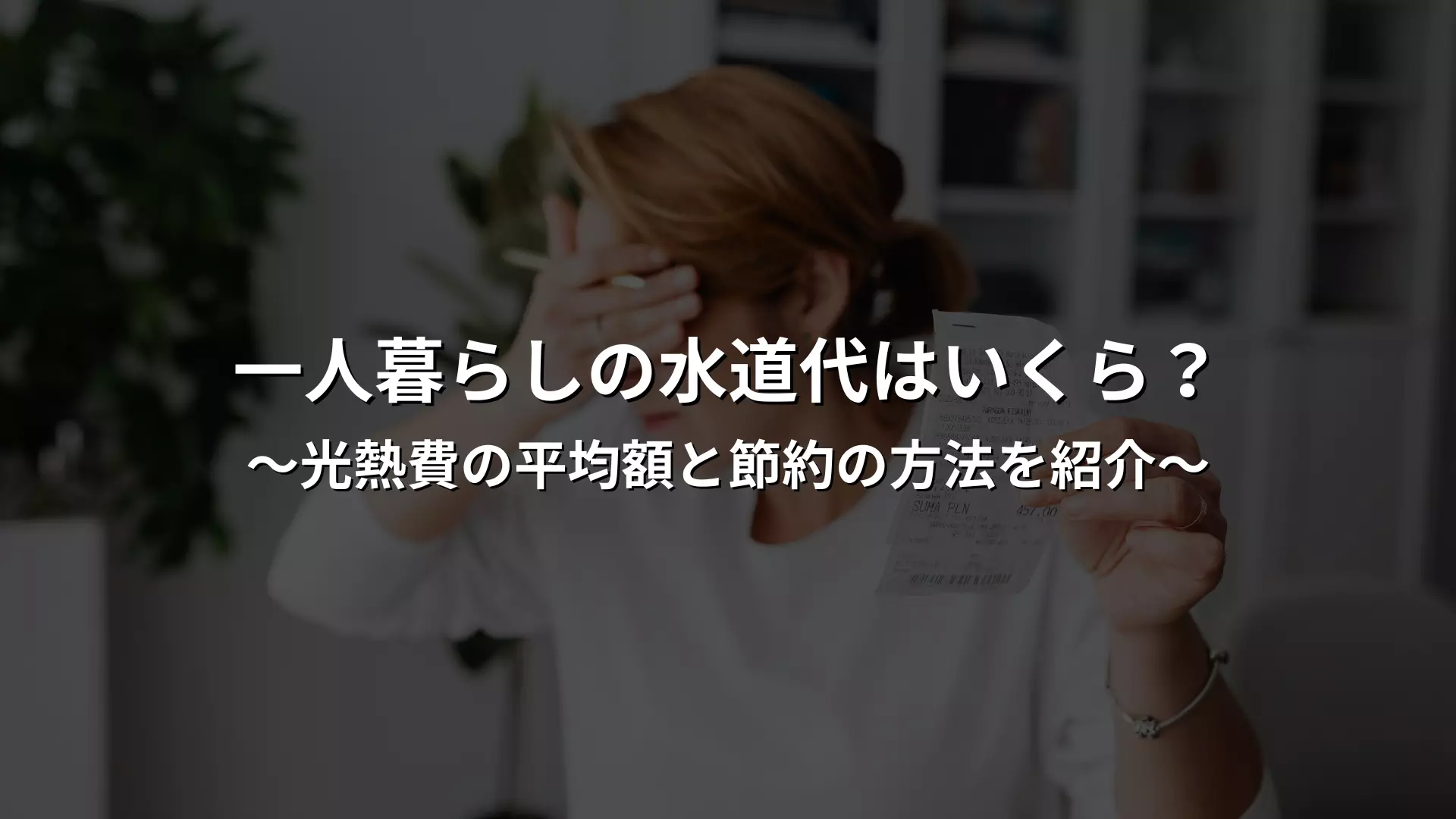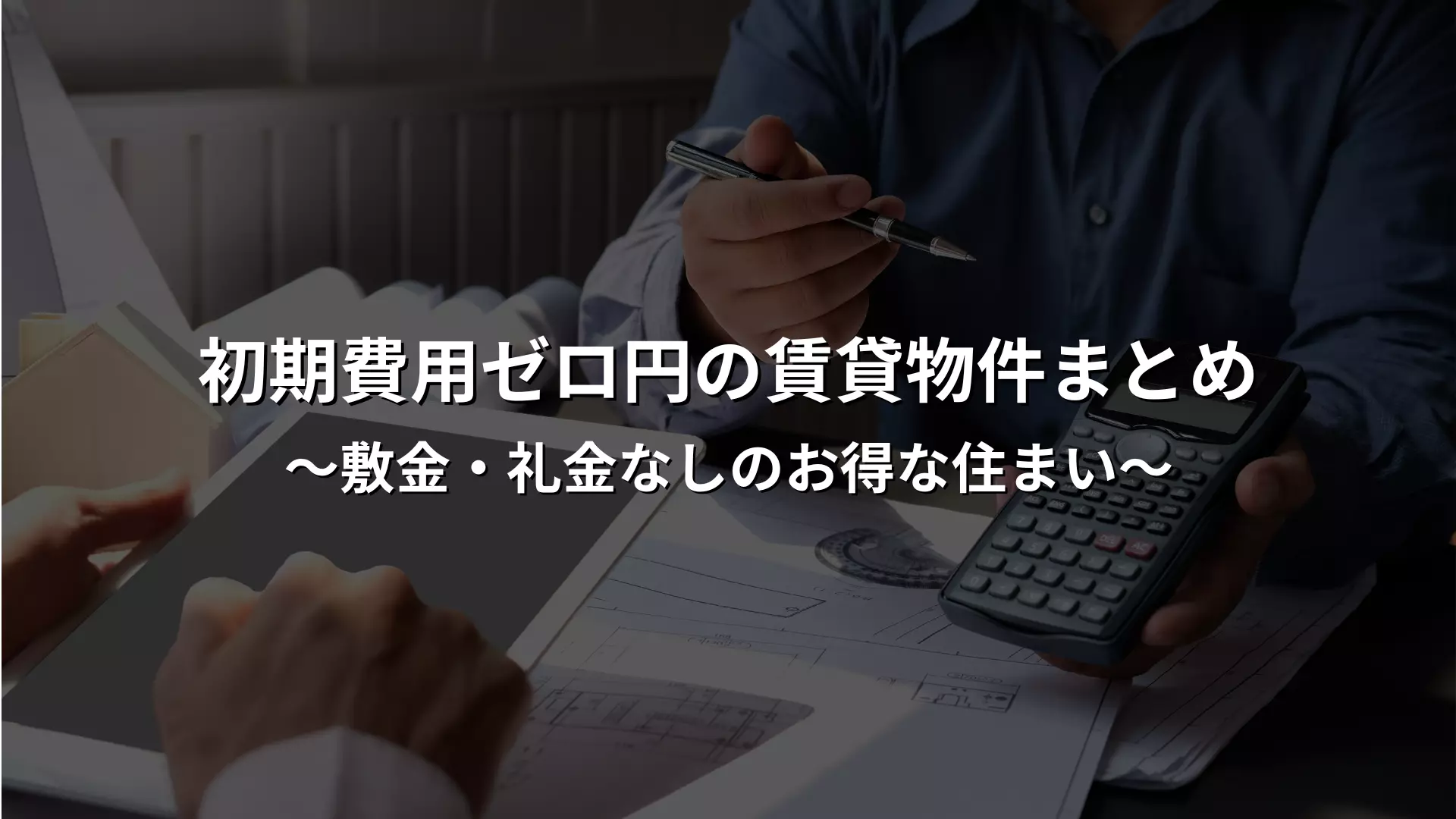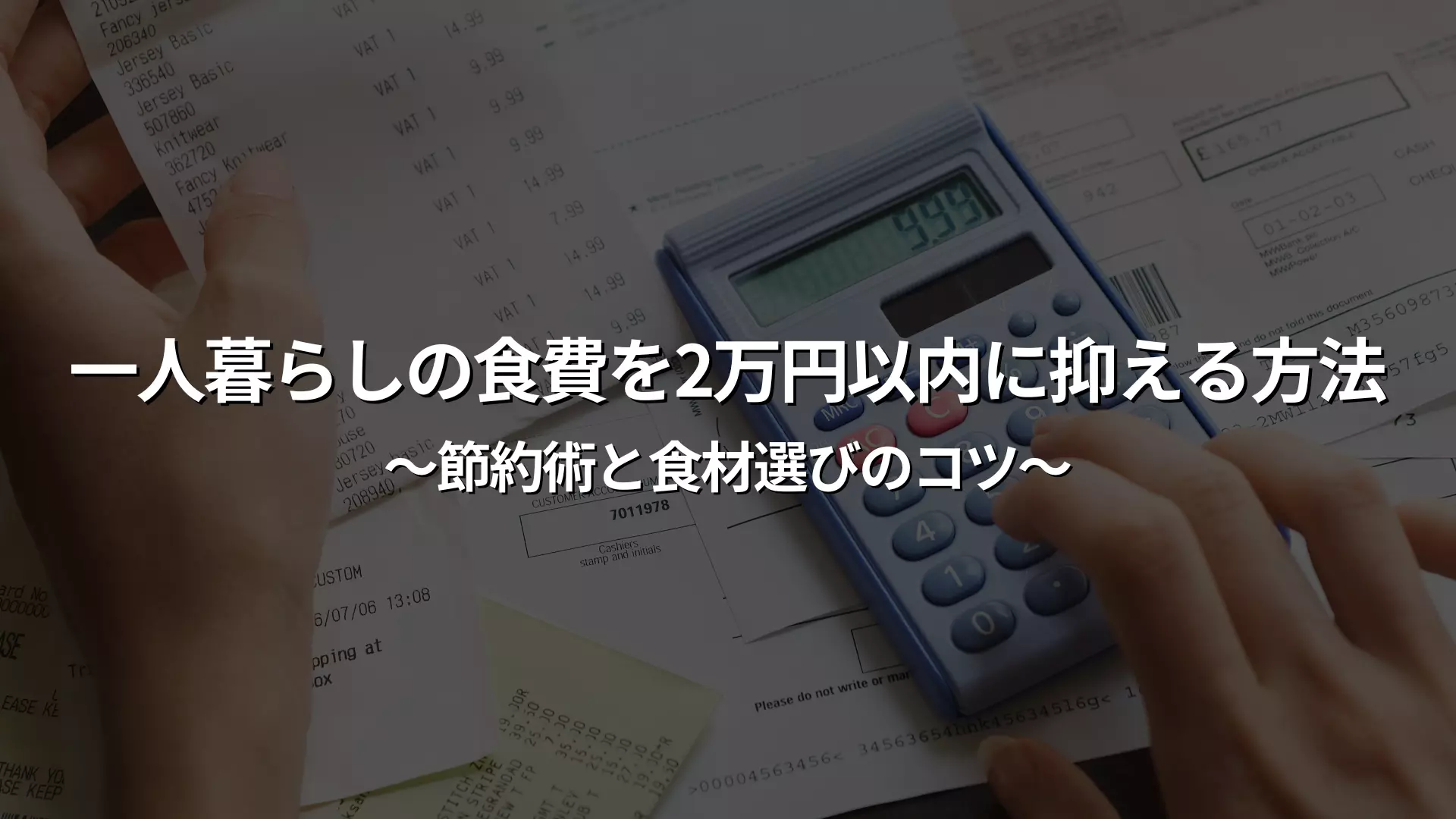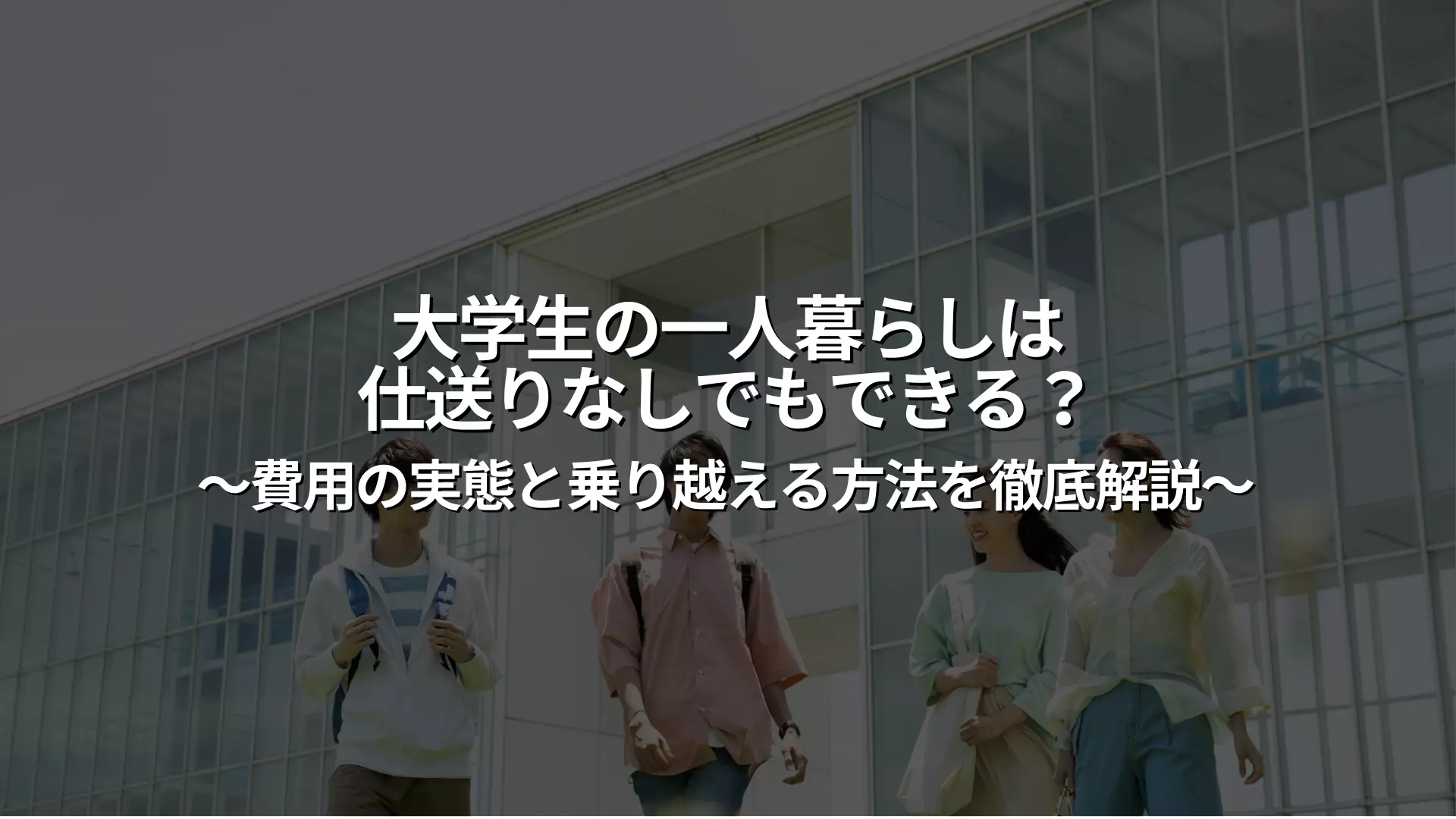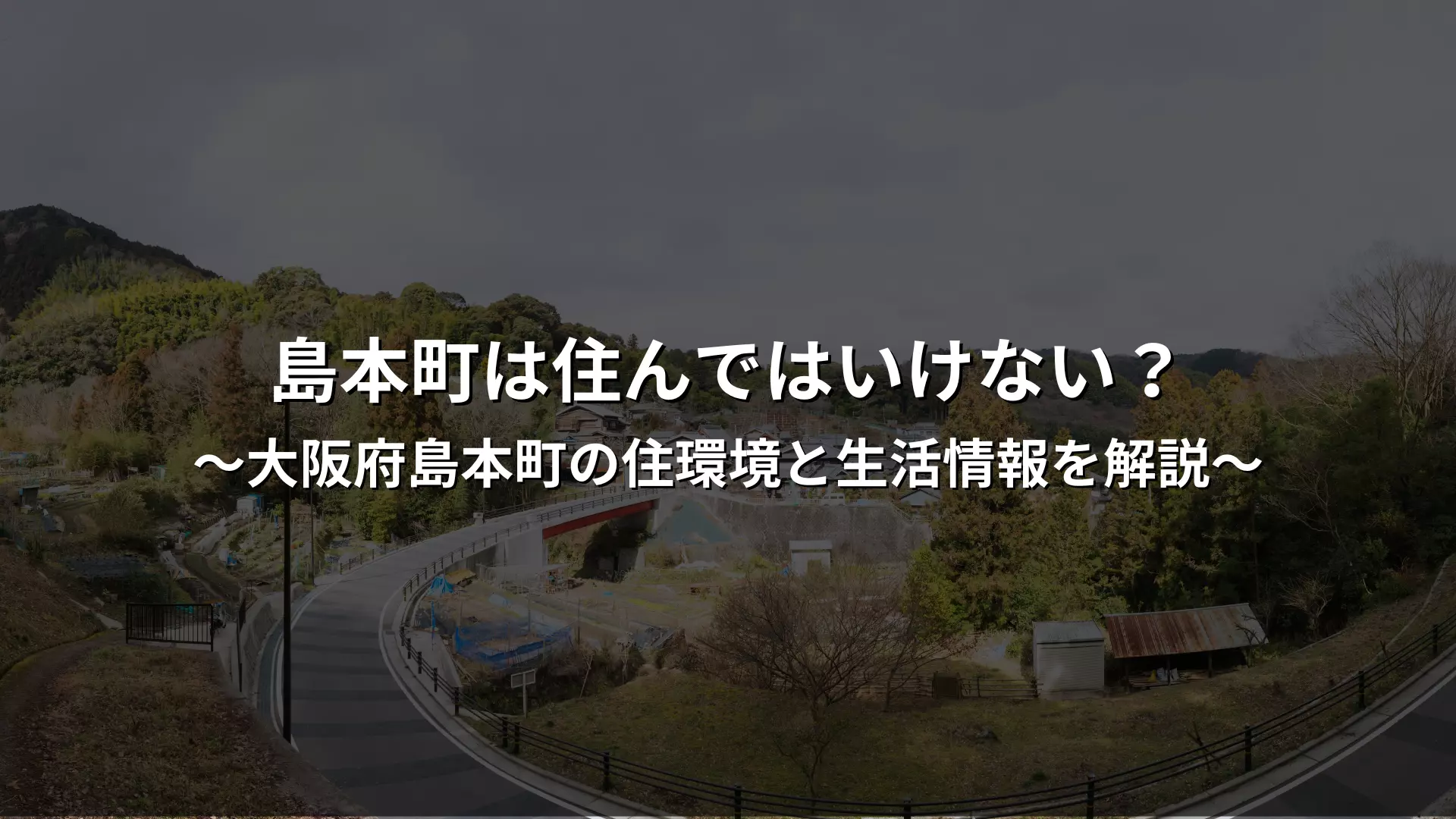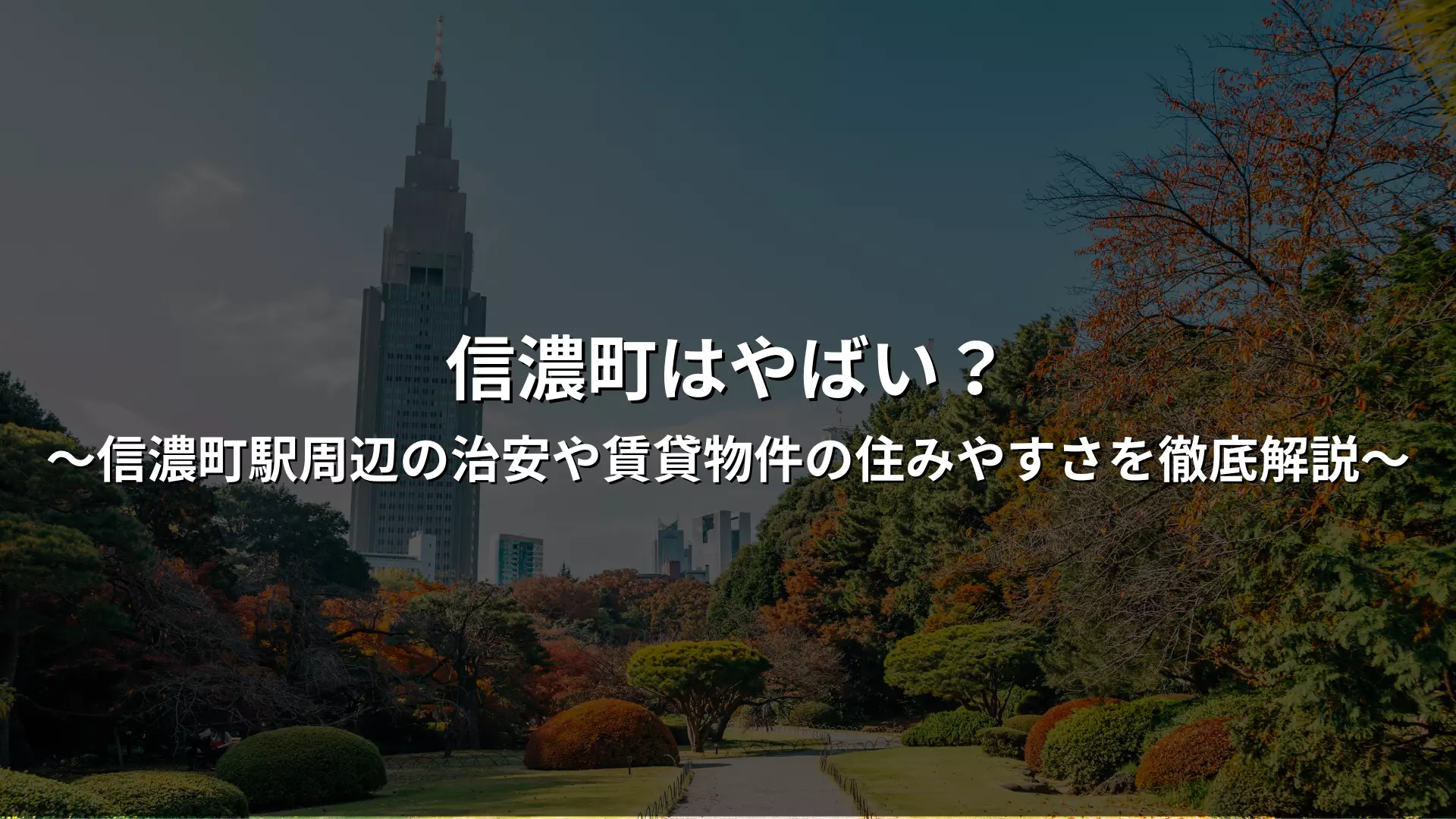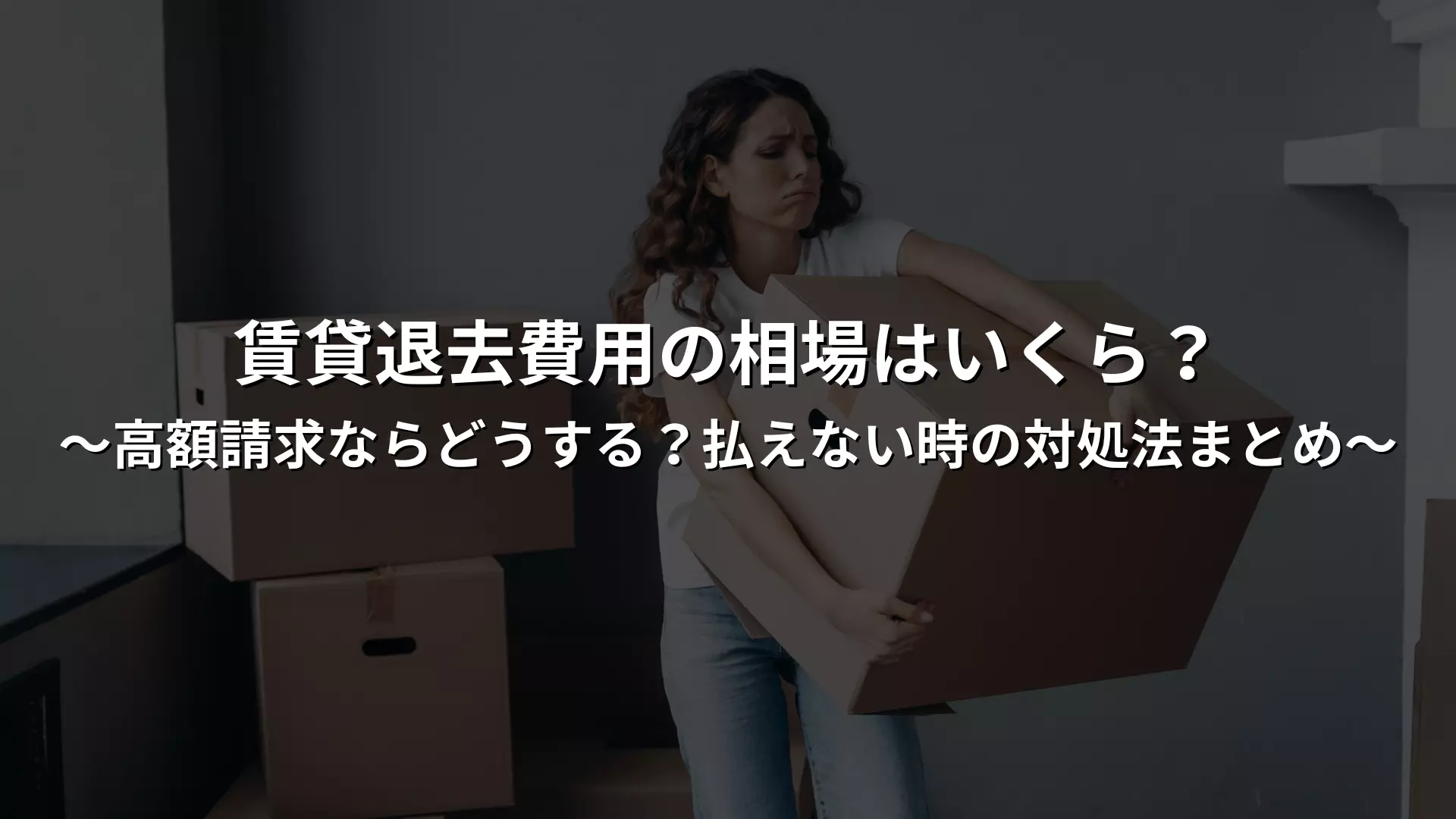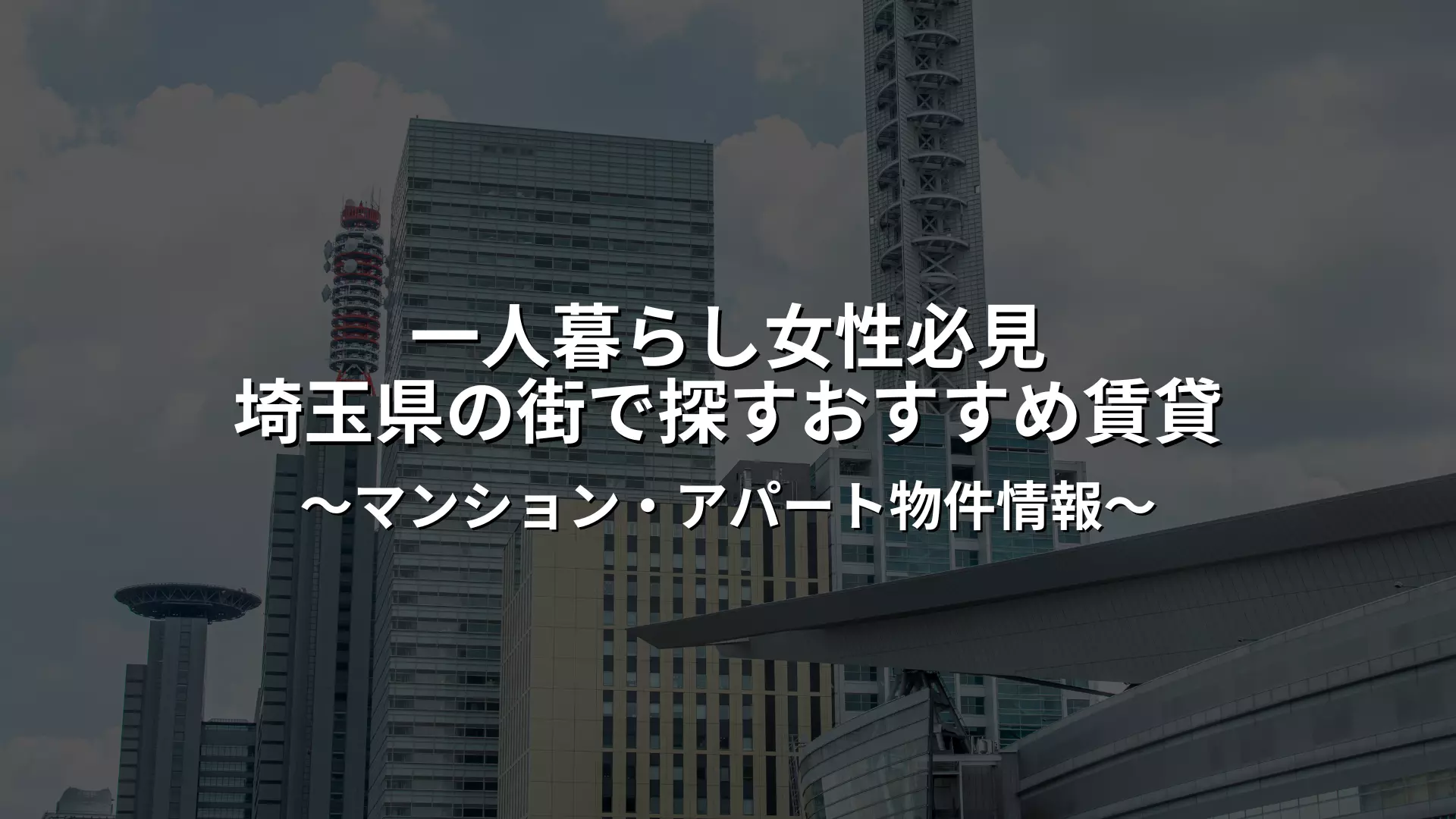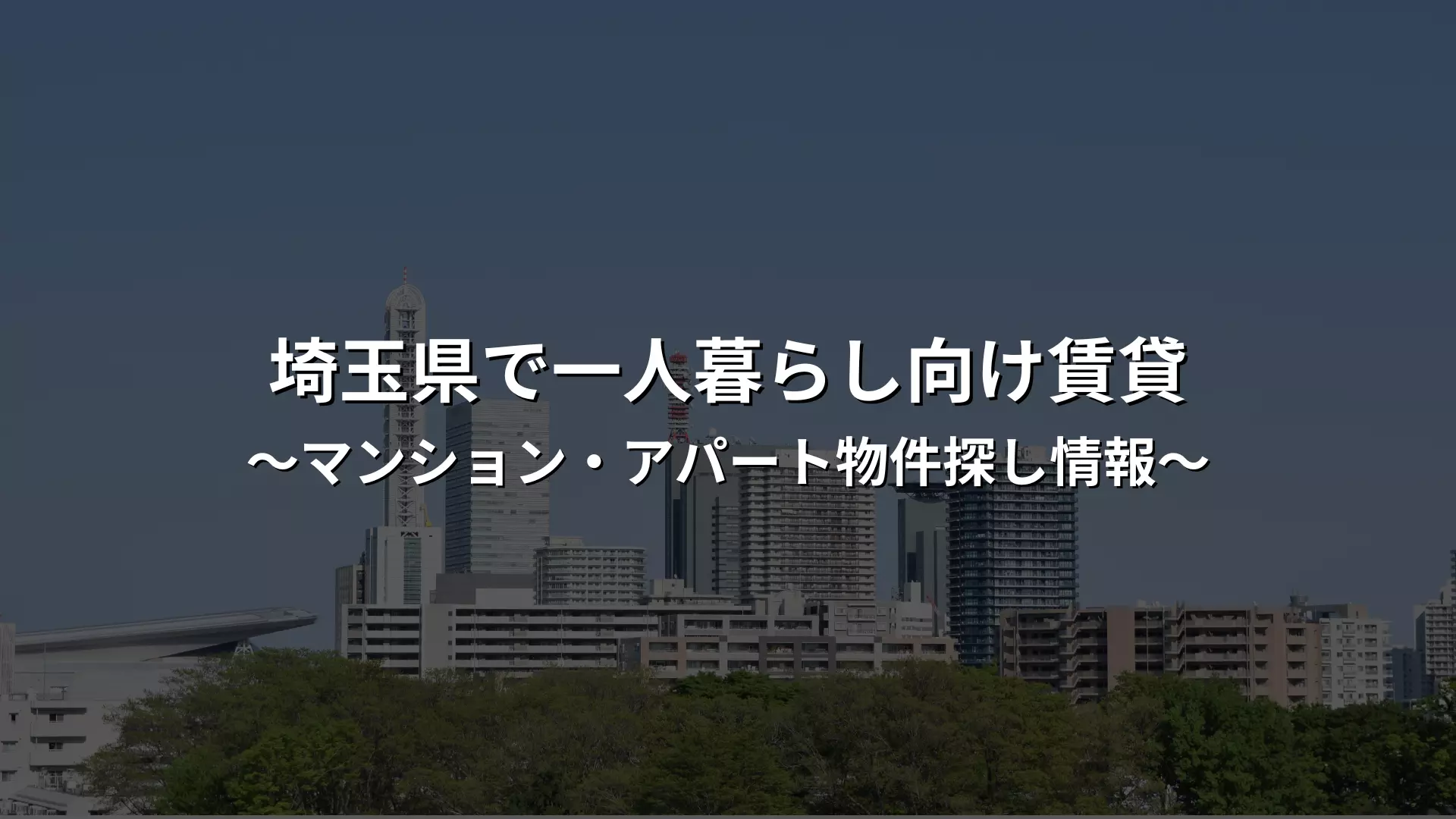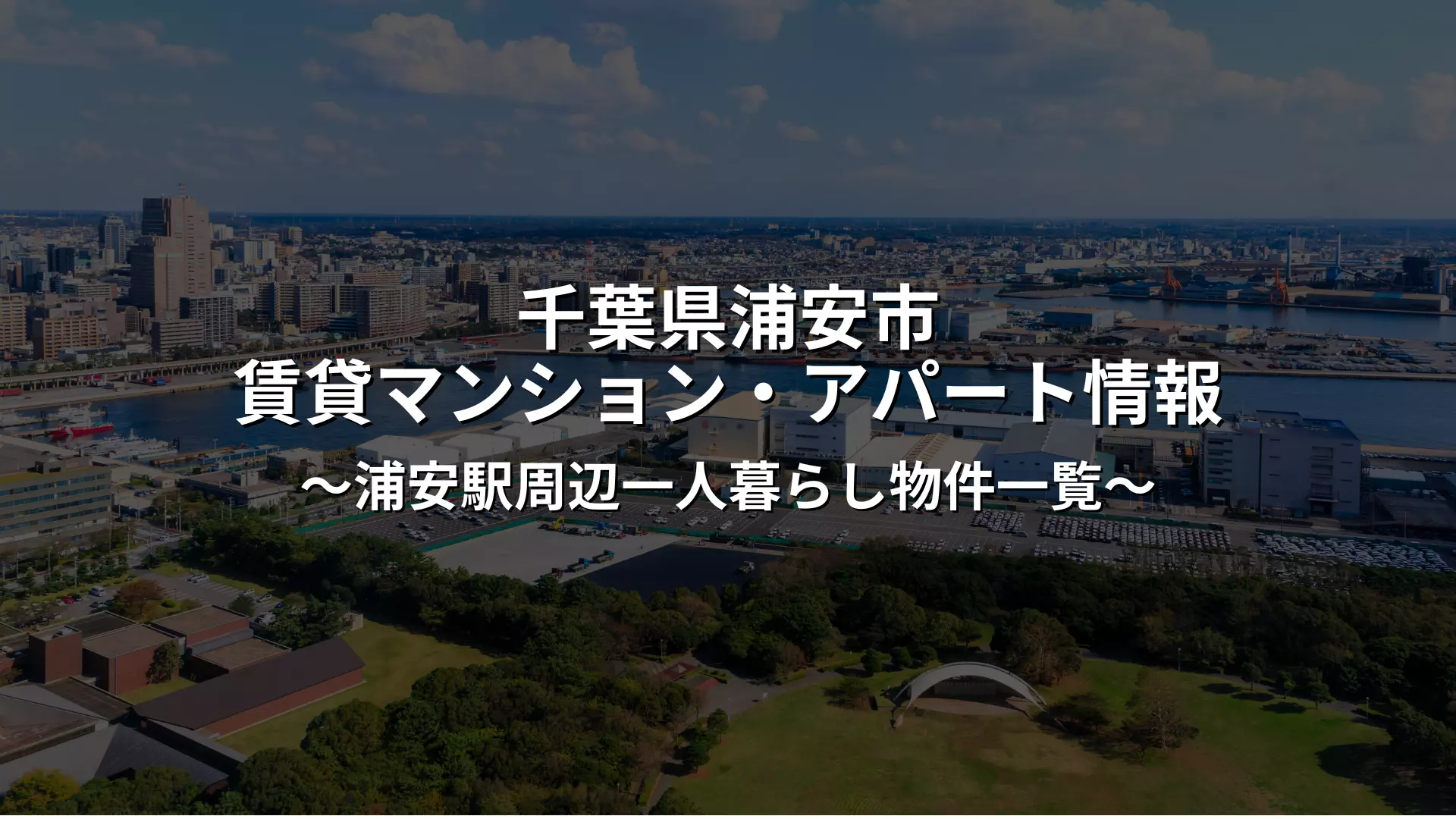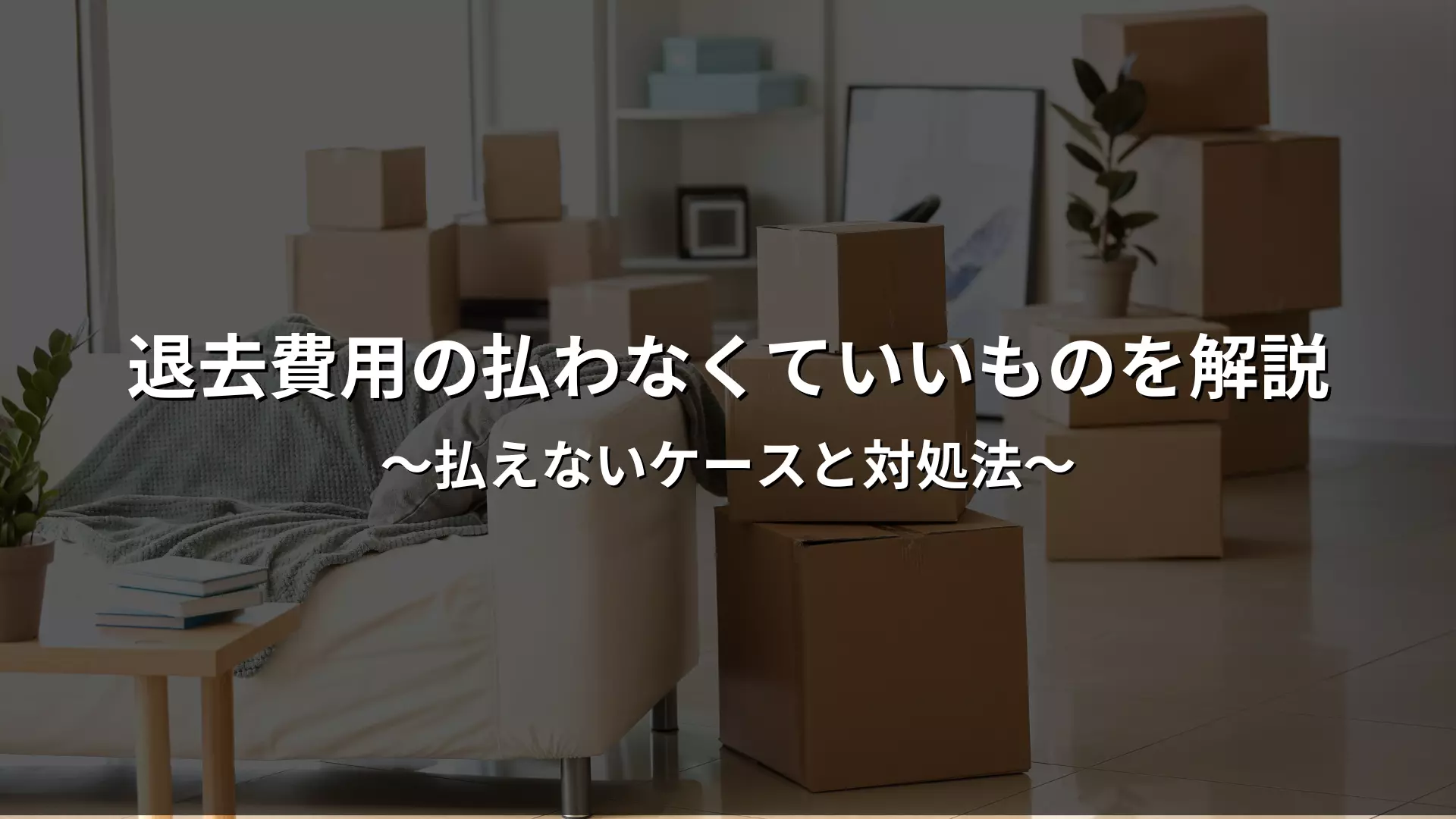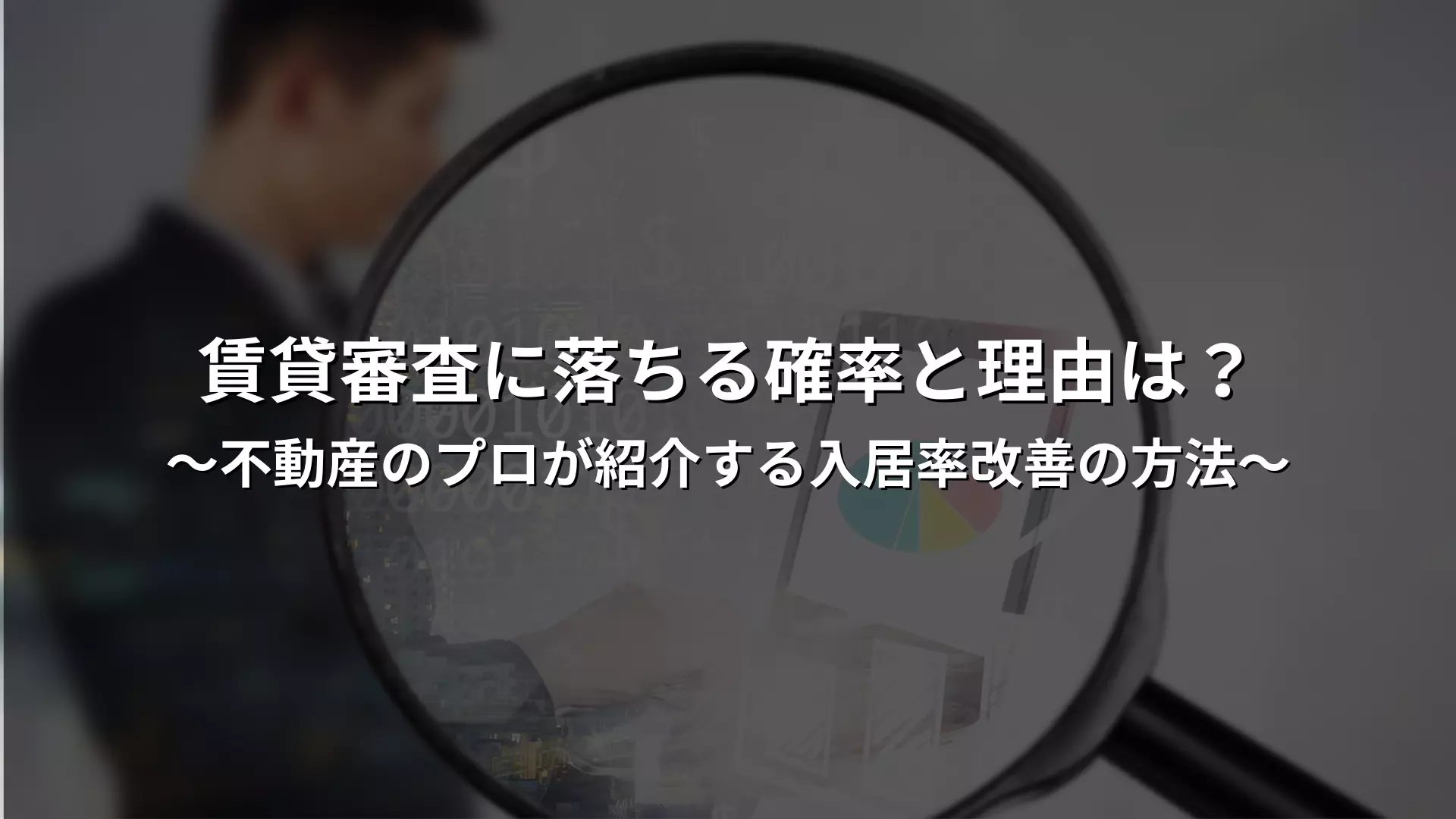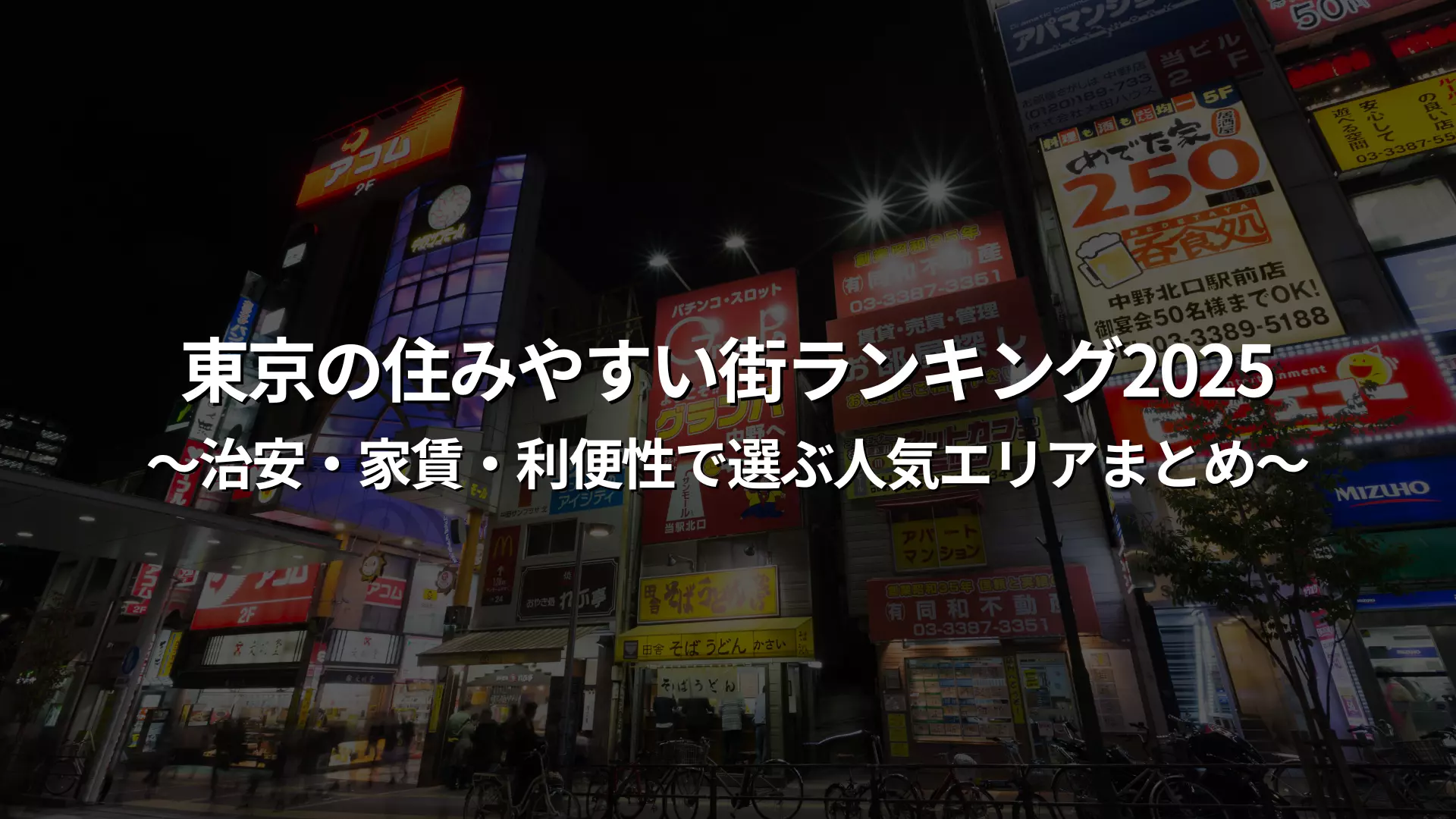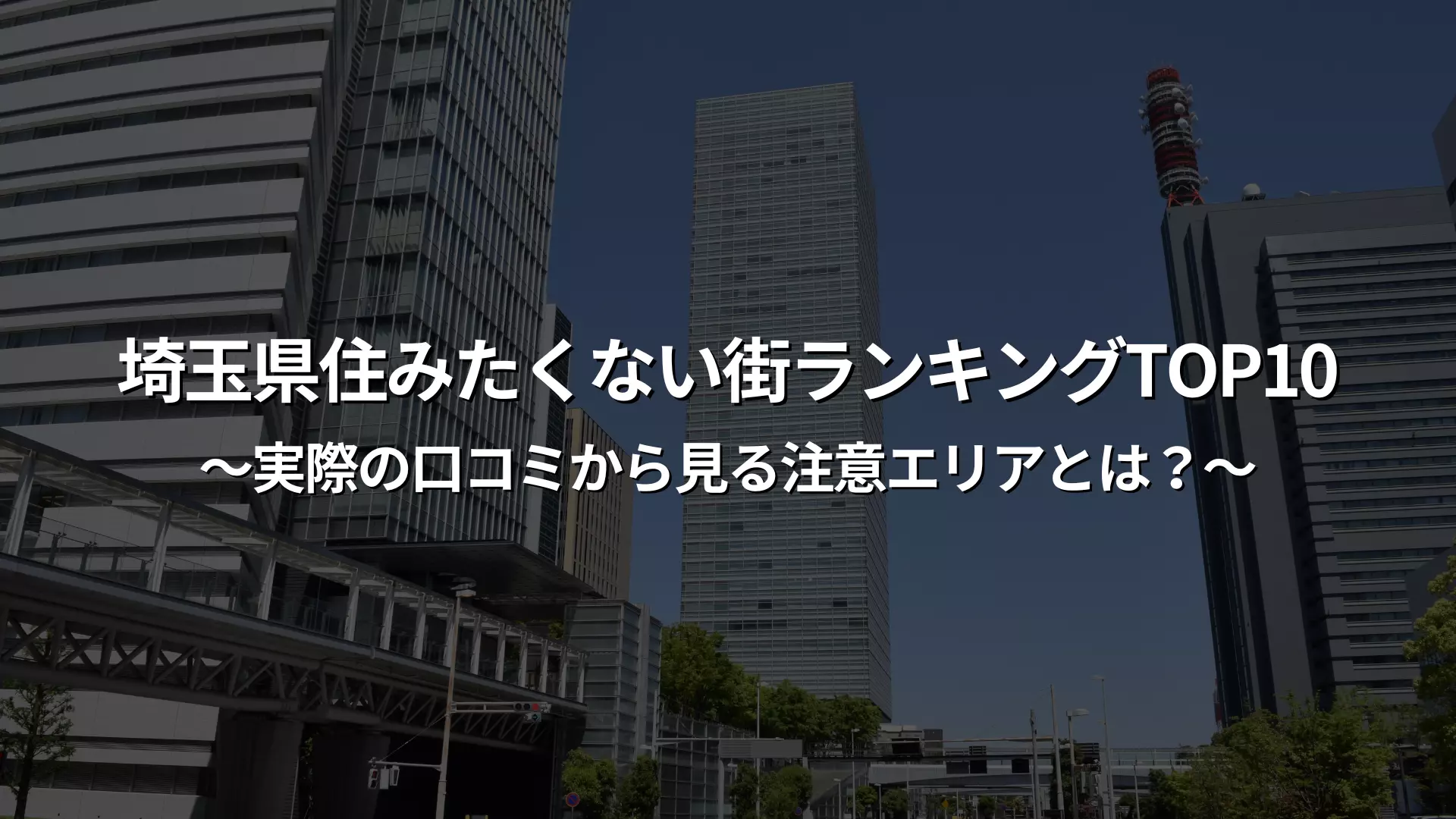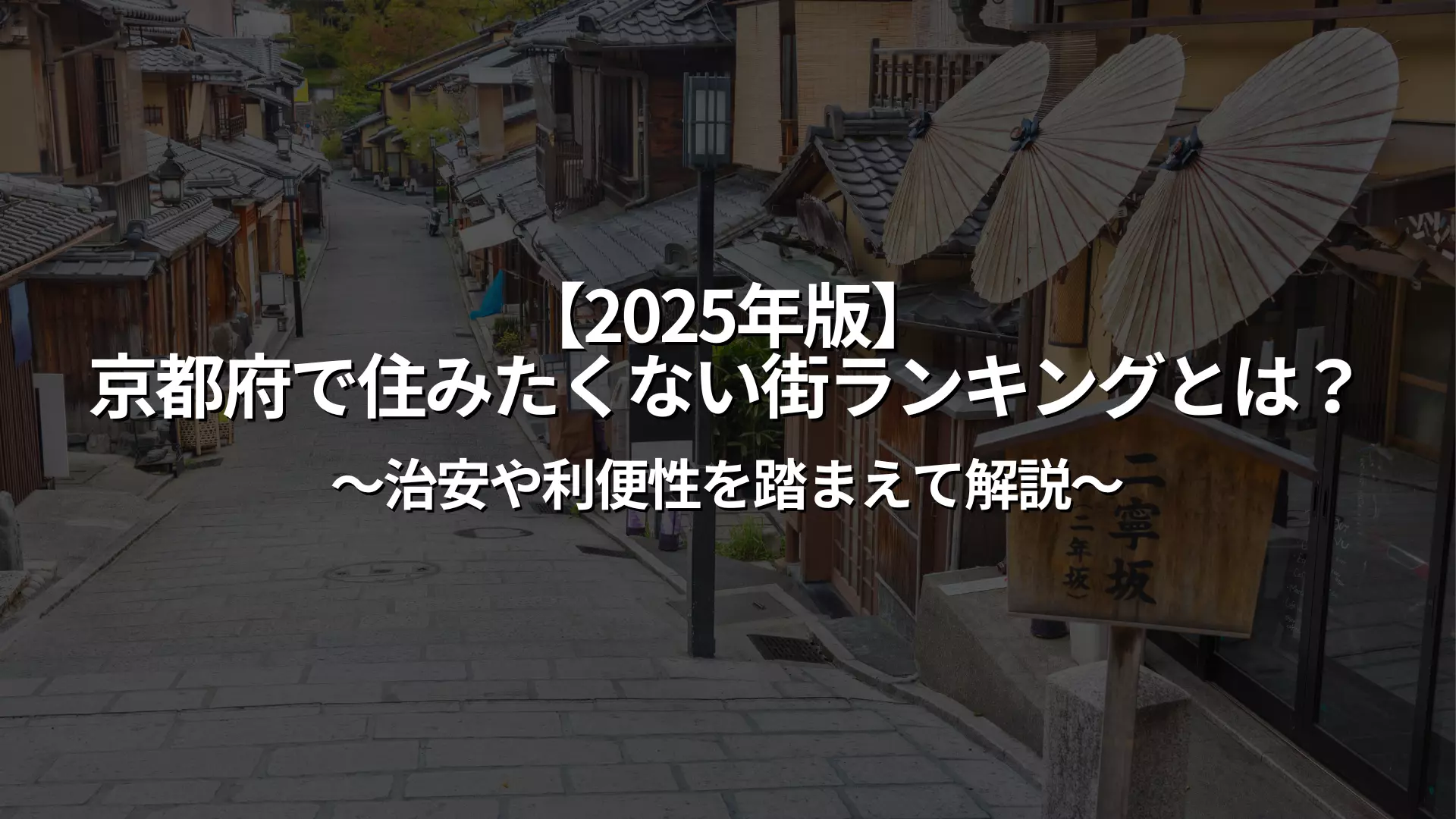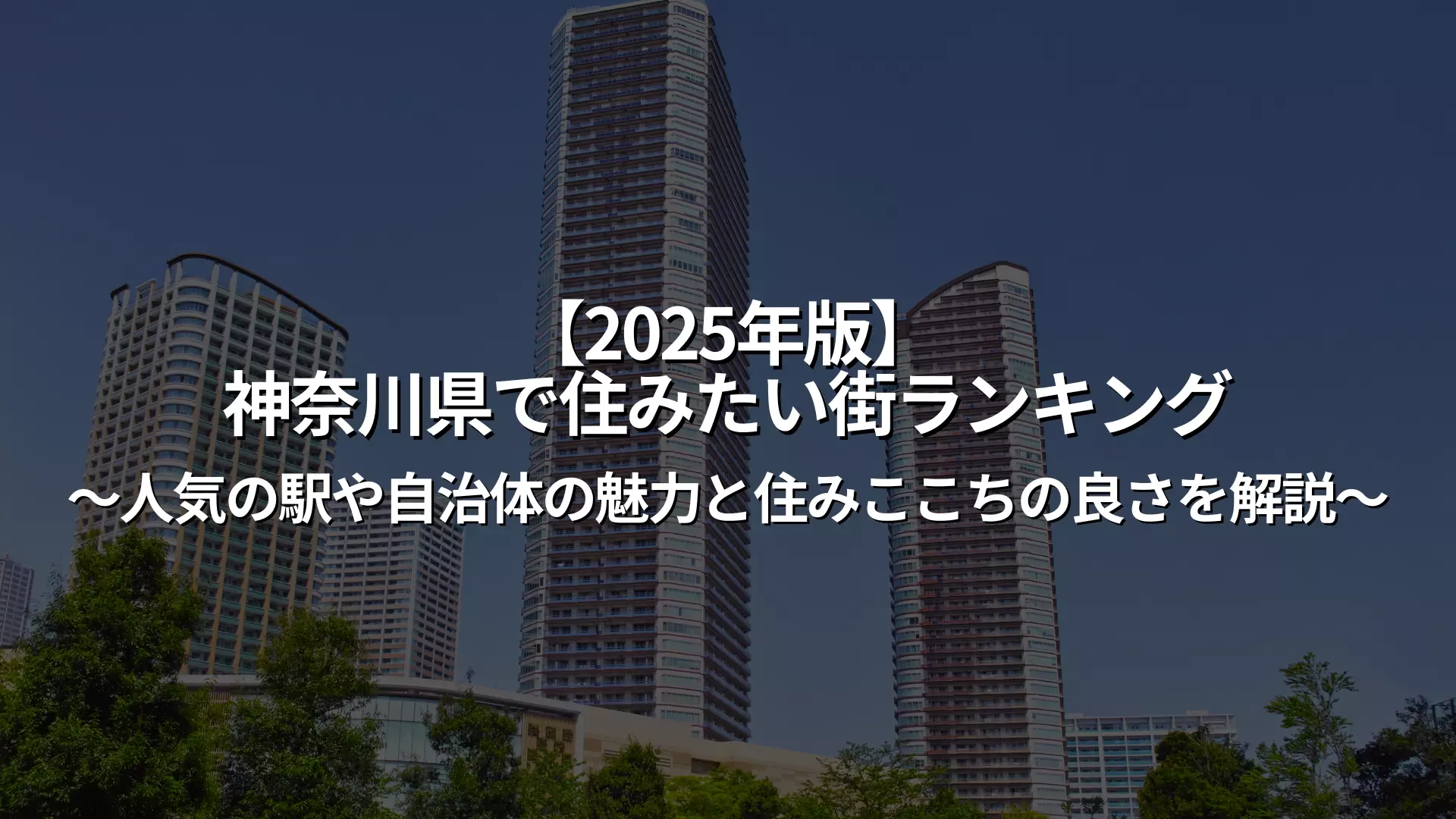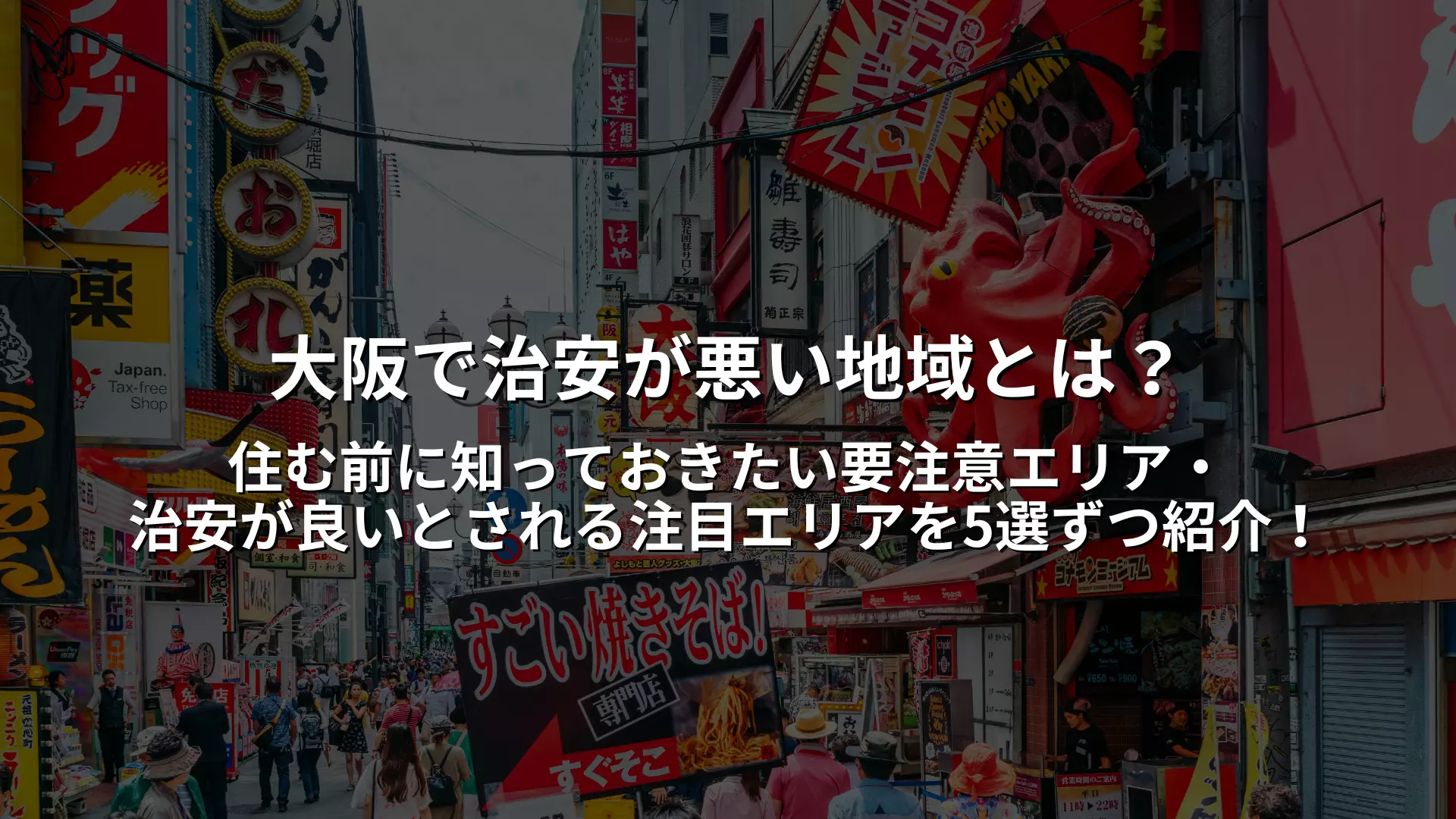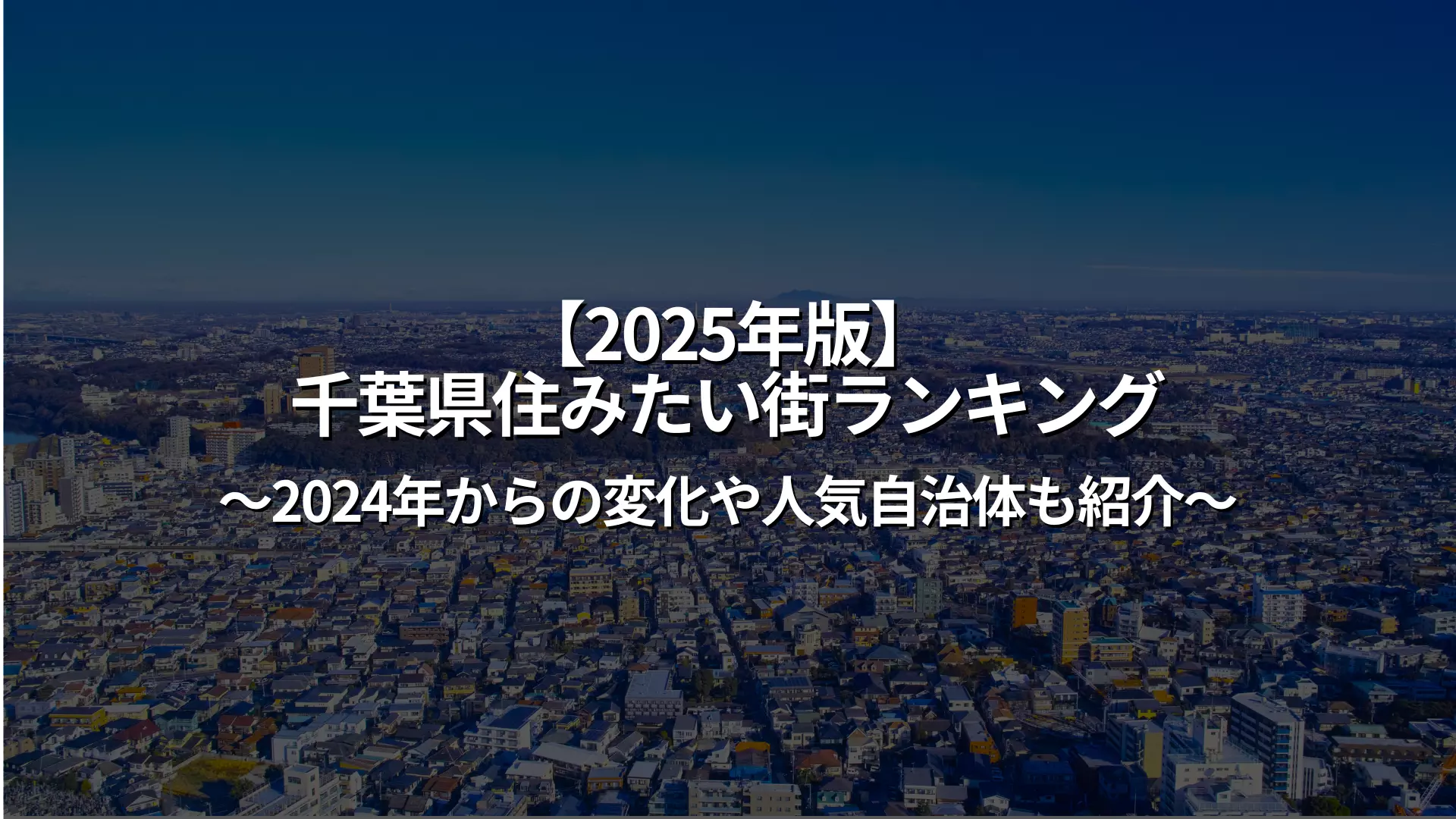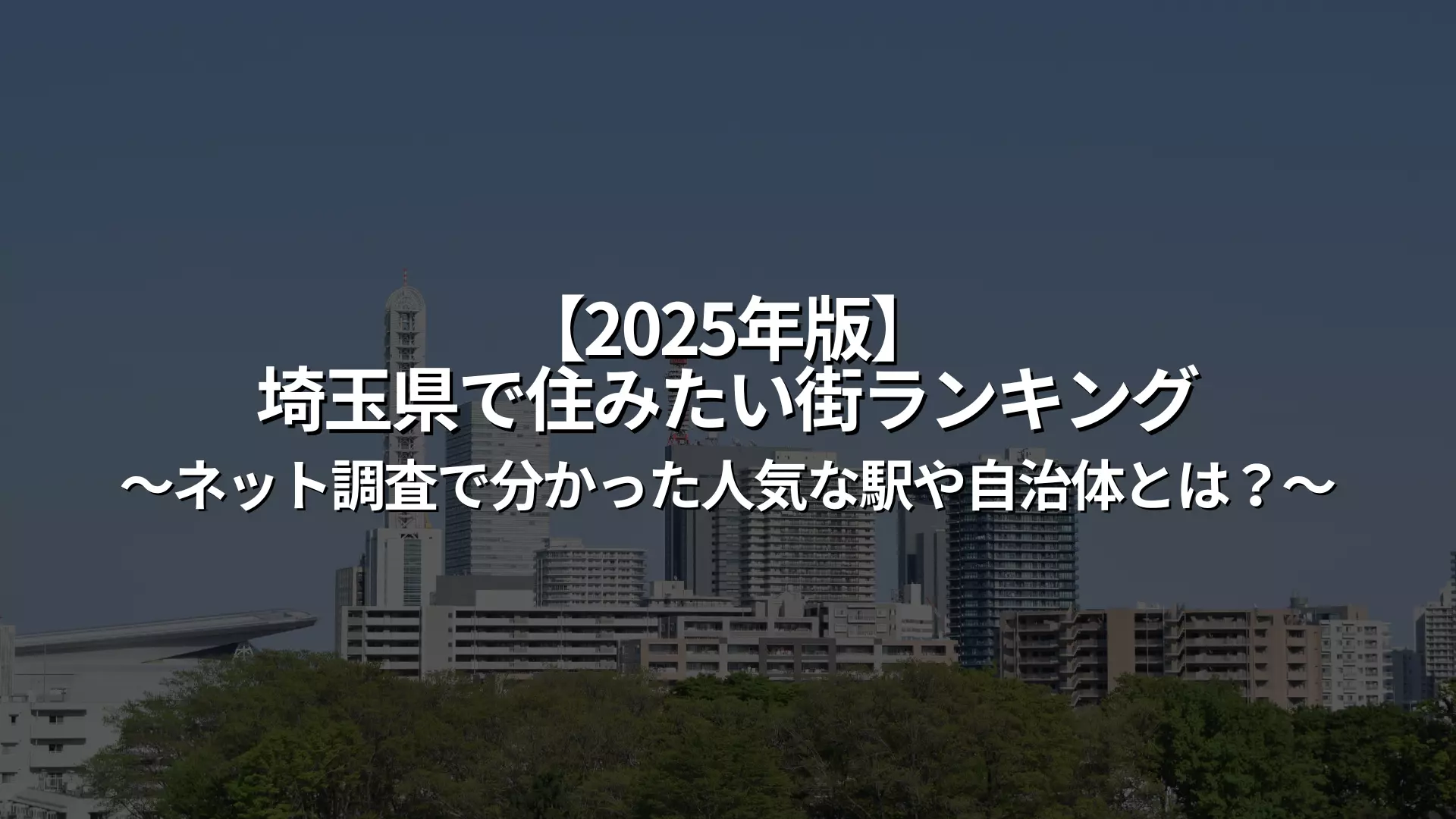Average initial costs for general rental properties
When renting a regular property, there are various initial costs involved.Basic initial costs typically include a deposit, key money, advance rent, agency fee, guarantee fee, fire insurance fee, and key replacement fee.
The guarantee fee is one of the fees paid when renting a property. It is paid to a guarantor company to cover the costs associated with the rental contract in the unlikely event that you are unable to pay the rent.
If we look at specific estimates of initial costs based on the average rent and common area charges in the three major metropolitan areas, the average price for a general rental property is around 400,000 yen.
The market price is merely an average, and may vary depending on the property conditions and the contents of the contract. In particular, security deposits and key money vary greatly depending on the property and the owner's policies, and some properties do not require them.
Estimated initial costs based on average rent and common area fees in the three major metropolitan areas
item | cost | remarks |
Deposit | 78,069 yen | Average: 1 to 2 months' rent |
key money | 78,069 yen | Average: 1 to 2 months' rent |
Advance rent | 78,069 yen | Average: 1 month's rent + daily rate |
Brokerage fee | 85,875 yen | Average: 1 month's rent |
Guarantee fee | 41,453 yen |
|
Fire insurance premiums | 15,000 yen |
|
Key replacement cost | 15,000 yen |
|
total | 391,535 yen |
|
Average initial costs for a share house
The average initial cost for a share house is generally around 100,000 yen. This is significantly lower than the average initial cost for a regular rental property (around 400,000 yen).In typical shared houses, there is often no need to pay a deposit, key money, agency fees, guarantee fees, fire insurance fees, or key replacement fees, which greatly reduces the burden of moving in.
However, a share house is a lifestyle that assumes the use of shared spaces. Therefore, there are some areas of privacy and living environment that are shared with other residents. It is important to choose the best residence that suits your individual lifestyle and needs.
item | cost | remarks |
Deposit and key money | none |
|
Administrative fee | 30,000 yen | Required when signing a share house contract |
Advance rent | 50,000 yen | 1 month's rent |
Brokerage fee | none |
|
Guarantee fee | none |
|
Fire insurance premiums | none |
|
Key replacement cost | none |
|
Common area fee | 12,000 yen | Water, electricity, and internet charges |
total | 92,000 yen |
|
Search for a room
Only furnished properties with appliances are listed!
Breakdown of initial costs for a share house
The initial costs incurred when moving into a share house mainly consist of the following four items.- Contract Fee
- Common area fee
- Advance rent
- Guarantee fee
Contract Fee
The contract fee is the fee paid to the management company that handles the contract procedures for the property.
When signing a contract for a regular rental property, you pay a brokerage fee to the real estate agent, but when signing a contract for a shared house, you pay a contract fee instead.
The average brokerage fee is between 0.5 and 1 month's rent, while the average contract fee is around 15,000 to 30,000 yen.
Therefore, it can be said that the contract fee for a shared house is set very low compared to the brokerage fee.
Common area fee
Common area fees mainly include utility bills, daily necessities, and internet connection fees.
In a shared house, the management company pays all utilities and internet charges in one lump sum, and these charges are collected as common area fees from tenants.
The average cost of common areas is around 10,000 to 15,000 yen.
Since common area fees are collected at a flat rate to cover the costs of living, your expenses will not change even if you use a lot of water or gas in a given month.
Advance rent
Advance rent is rent paid before moving in to prevent non-payment of rent.
Generally, one to two months' rent is paid in advance.
If a tenant moves in mid-month, rent will be paid on a pro rata basis from the day they move in, so there is no disadvantage to the tenant.
Furthermore, the cost of advance rent is proportional to the rent, so the cheaper the rent, the lower the initial costs.
Guarantee fee
The guarantee fee is the fee charged when joining a guarantee company.
The reason for joining a guarantor company is to guarantee the management company's income by having the guarantor company pay the rent in advance even if the tenant falls behind on their rent.
The average guarantee fee is around 10,000 to 50,000 yen, but depending on the share house management company, the guarantee fee may not be included in the initial costs.
How to keep the initial costs of living in a shared house low
We have seen that the initial costs of a shared house are much cheaper than regular rent. However, some people may want to keep the initial costs of a shared house even lower. Here are three ways to keep the initial costs of a shared house down.
Currently, there is a special campaign that will help you save on your initial costs. Please see this article for more details.
▶ Free initial cost campaign underway!
About the initial cost of Cross House
At Cross House, the initial cost of a share house is set at a flat rate of 30,000 yen, which is significantly cheaper than a regular rental property. This fee includes the contract fee and security deposit, so there are few additional costs. In addition, the common area fee is a flat rate of 15,000 yen, which includes water, electricity, gas, and shared equipment, so there is no hassle with management.
Furthermore, Cross House offers a variety of room types to choose from, including private rooms with locks, semi-private rooms, and dormitories, to suit each individual lifestyle. The rooms come with furniture and appliances, so the initial costs of moving in are kept low. Contract procedures can be completed with just a smartphone, and you can view the property online and move in with a smart key, so you can start your new life smoothly.
Search for a room
Only furnished properties with appliances are listed!
How to keep the initial costs of living in a shared house low
We have seen that the initial costs of a shared house are much cheaper than regular rent. However, some people may want to keep the initial costs of a shared house even lower. From here, we will introduce two ways to reduce the initial costs of a shared house.Method 1: Choose a non-private bedroom
You can further reduce initial costs by changing the bedroom type in your shared house from a private room to a dormitory or semi-private room.Share houses have shared rooms called dormitories, and semi-private shared bedrooms separated by partitions. These types of bedrooms tend to have lower rent than private rooms because the space occupied by each resident is smaller.
However, some disadvantages to dormitories and semi-private accommodation include being bothered by noise from your roommates and having to share bedroom lighting and air conditioning.
Therefore, when choosing a bedroom type other than a private room, we recommend that you consider not only the cost but also whether or not you are suited to sharing a room.
Method 2: Use the campaign
One way to reduce the initial costs of a shared house is to sign a lease on a property during a campaign.Some share house management companies are running campaigns where they waive some of the initial costs and contract fees.
However, be aware that in order to receive the campaign discount, there may be conditions such as "living in the property for three months or more."
Method 3: Choose a provider that charges a flat rate for the initial fee
By choosing a company that charges a flat rate for the initial fee, you can clarify the costs at the time of signing the contract and reduce unnecessary expenses. For example, share houses that have implemented a system such as a flat rate of 30,000 yen for the initial fee or a system that requires only a deposit and no other fees often do not require a security deposit, key money, or brokerage fee, making it easy to move in. However, there are cases where cleaning and renewal fees are charged separately, so it is important to check the contract details in advance. Although the options are limited, this is recommended for those who are cost-conscious.
Costs you can save by living in a share house other than the initial costs
From here, we will introduce three costs you can save by living in a share house, in addition to the initial costs.Purchase costs for furniture and appliances
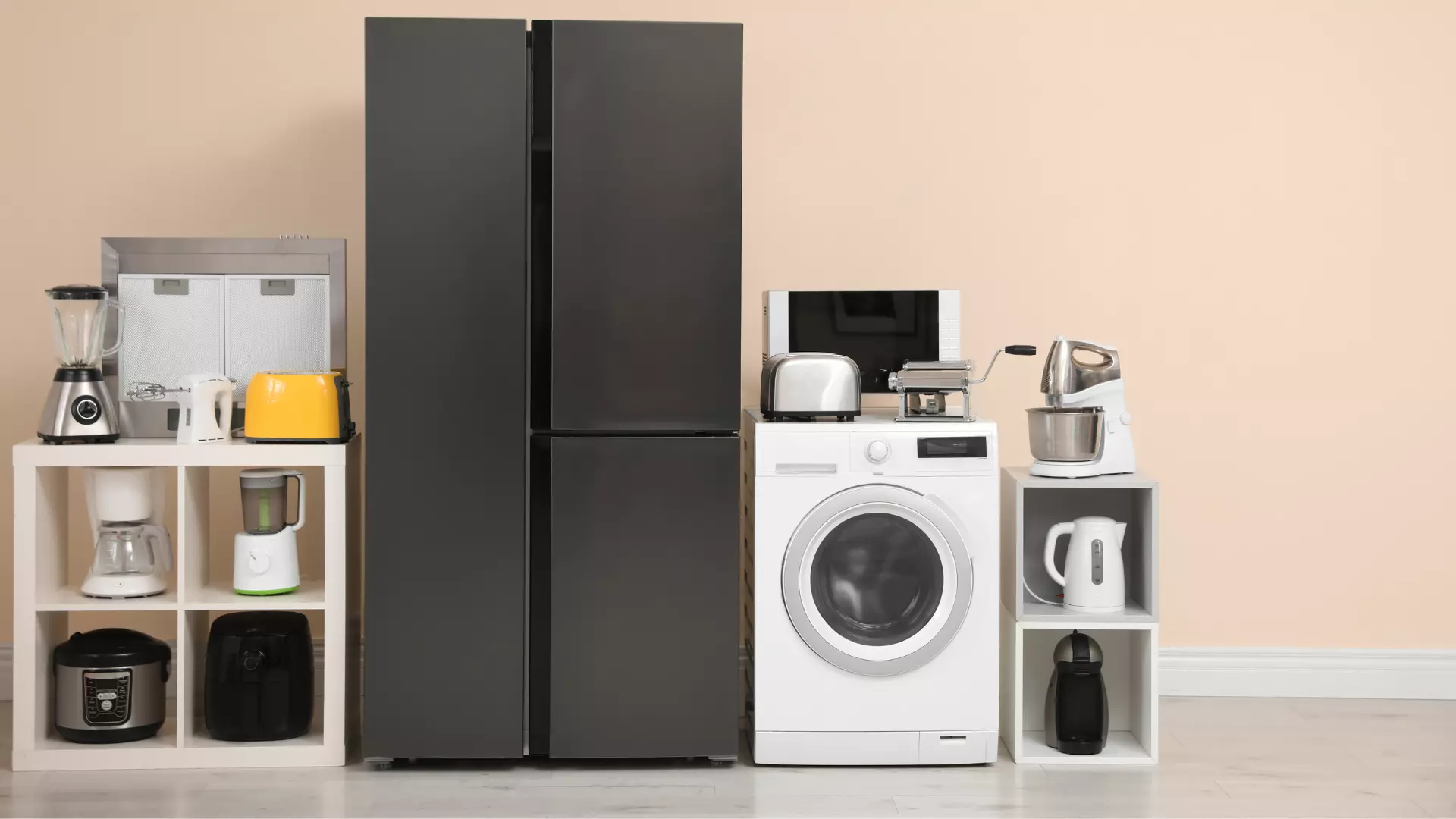
Expenses for purchasing daily necessities
Some shared houses come with cooking utensils and seasonings already provided, which can save you the cost of purchasing them.In addition, shared houses are structured so that the management company uses the common area fees collected from tenants to purchase and deliver daily necessities such as toilet paper and detergent in bulk.
Therefore, even in months when you use a lot of daily necessities, your expenses will not increase and you will be able to keep your living expenses low.
Utility fees, internet usage fees
In most share houses, monthly utility bills and internet fees are included in the rent. Also, many share houses have an internet environment set up, so you don't have to go through the trouble of signing a new contract or having it installed.In shared houses, internet usage fees are often included in the rent, but some people may be concerned about the speed and connection status. For more information, please see this article.
"What is the Wi-Fi environment like in a share house? Here are some things to check if it's slow"
Search for a room
Only furnished properties with appliances are listed!
summary
A feature of shared houses is that the initial costs are significantly lower than for regular rental properties. Regular rental properties require a deposit, key money, and brokerage fees, but shared houses often do not require these, and the average initial cost is around 100,000 yen. Also, since many properties come with furniture and appliances, the costs of starting a new life can be reduced. Furthermore, the common area fee includes water and utility fees, making it easier to manage monthly living expenses. For those who want to live comfortably while keeping costs down, shared houses are the perfect choice.

